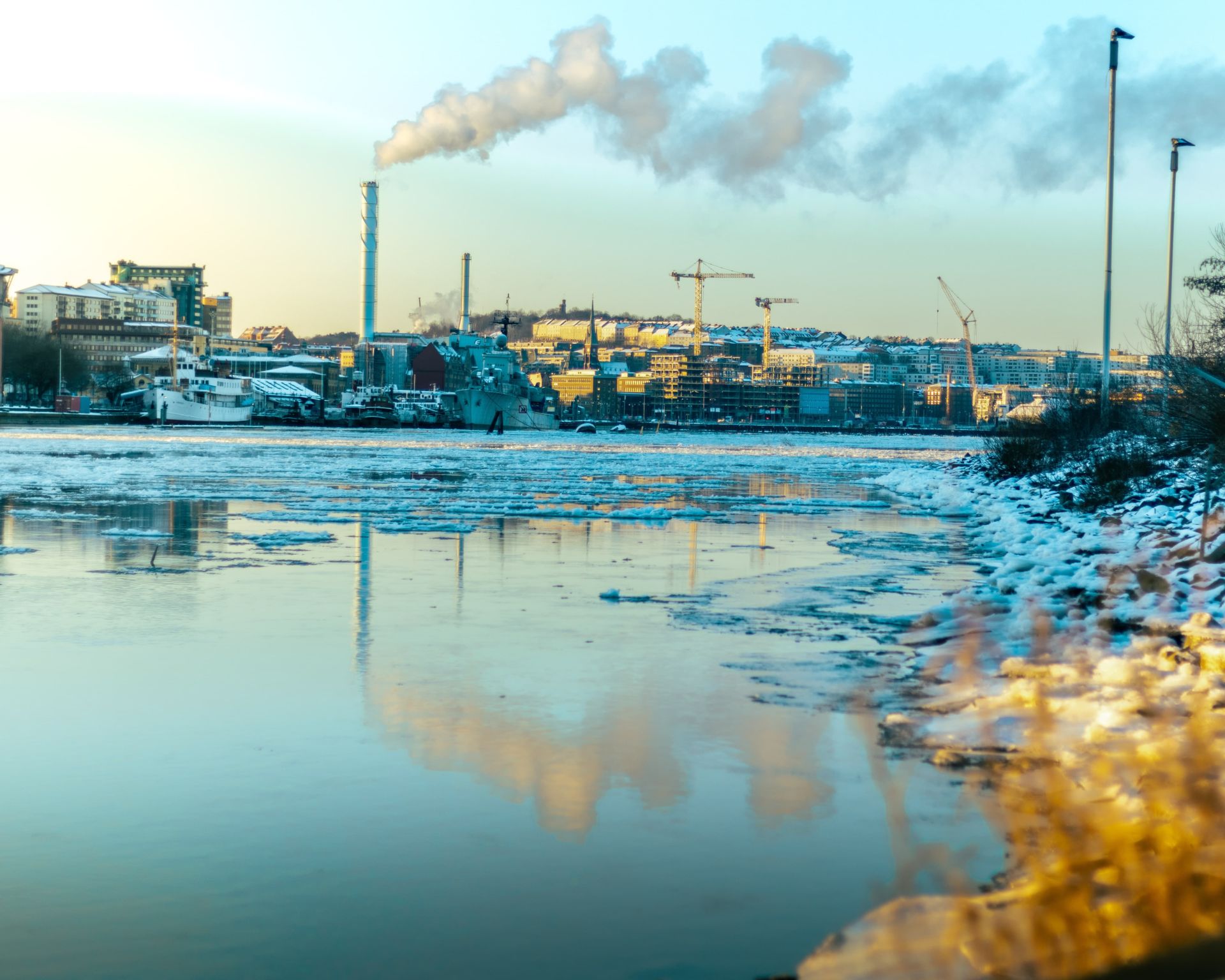As COVID-19 restrictions ease in the United States and other parts of the world it has suddenly become important to consider how we present ourselves. From work clothes to regular clothing like that offered by hoodies australia, and how our living rooms look to the first guests in over a year we are thinking about our appearance again. With this renewed attention we should consider the impact of our design and fashion choices.
Conscious Clothing Consumption
While we might want to go out and buy a whole new wardrobe to show off this Summer, fashion’s effect on the environment should taper our ambitions. Fashion accounts for a staggering 11% of carbon emissions.
Business Insider goes on to report that “85% of all [American] textiles go to the dump each year. And washing some types of clothes sends thousands of bits of plastic into the ocean.” In light of these figures, we should think carefully before blowing our savings on a new wardrobe that includes the new La Tribe Sandal.
I spoke with New York-based fashion designer Deanna Hutchinson about how the industry is starting to address its ecological impact. She highlighted the significance of the feedback loop inherent to fashion. Consumers are always looking for something new and brands are meeting that demand. According to Hutchinson, we as consumers should be aware of all the environmental and human costs in manufacturing. She asserts that “human rights and the environment go hand in hand. There’s really no point in doing well on one side and not on the other”.

Us and Our ClothesOne of the most wasteful aspects of the industry is how much we use new garments. Quoting a study done by Barnardo’s, the Wall Street Journal reported that on average we wear a garment 7 times before discarding it. Combined with the increased consumption of new items of clothing, this short-term commitment to clothing contributes to a staggering 92 million tonnes of waste a year. Part of reducing the environmental impact of fashion must come from more conscious clothing use.
Italian fashion startup greenchic is attempting to address this industry blind spot. It seeks to “create a new model of consumption with a positive impact on the environment and on people”. It’s disrupted the traditional fashion cycle by allowing consumers to directly buy and sell clothes from one another. This reduces the number of clothes going directly into the trash and the number of new garments purchased. Greenchic asks that users only include items that are in good shape and desirable, preventing the platform from filling up with unusable items.
RELATED ARTICLES:The First Ever Circular Textiles Business Matchmaking Showroom: Tackling Waste Management Solutions in the Fashion Industry |Circular Economy key to COVID Recovery, says Bureau Veritas |5 Opportunities of a Circular Economy |Najture, A Startup Dedicated to Circular Economy
Hutchinson is greatly in favor of consumers’ move toward secondhand shopping. She challenges us to consider the resource cost of new garments we buy. She also encourages us to think about our own relationship with our clothes. Being able to make choices about what clothes one buys and when demonstrates great privilege. However, the lack of opportunity to be discerning about one’s clothing purchases is not indicative of a lack of sustainability awareness. While some are trying to improve how we use clothing, others are trying to better the garments themselves.

What Goes Into Making a Garment?
The process and materials used to manufacture clothing has a massive impact on the environment. According to the World Resources Institute (WRI), clothing production is a significant contributor to greenhouse gas emissions and water consumption. Synthetic fibers such as polyester require less water than natural materials but create a much higher carbon footprint. On the other hand natural fibers, most prominently cotton, are extremely water-hungry. The WRI stated that a single cotton shirt requires a staggering 2700 liters of water.
These unsustainable manufacturing practices simply compound the impact of our clothing overconsumption. Agraloop is a startup creating new kinds of clothing fiber that are less resource-consuming, scalable, and usable with existing forms of clothing production. One of their products, BioFibreTM is designed using vegetable stems and leaves. The use of traditionally discarded plant components lessens the amount of cotton needed. Additionally, this eliminates a source of waste in agriculture and cuisine.
The materials to create the garment itself are not the only forms of waste in clothing production. The dyeing process consumes trillions of gallons of water and pollutes global waterways. PILI understands that clothing is more fun with vibrant colors, but wants to create them with less harmful dyes. They discovered how to utilize microorganisms and bacteria to naturally produce pigments in a manner similar to alcohol fermentation. This yields colorants without direct use of fossil fuels, substantially fewer resource costs, and no pollutants.
Make a Statement With Your Fashion Choices
The enormity of the fashion industry can make addressing these problems daunting. Regardless, it is important that we take steps as consumers to encourage change. Hutchinson stresses the need for transparency in the manufacturing process as a good start. Understanding the economic supply chain that creates our clothes will allow closer scrutiny of unsustainable practices. She also warns consumers to be aware of greenwashing, or the practice of performing adherence to sustainable values without actually following through. Transparency will help skirt around this issue, but it is still important to be skeptical.
Fashion is in a unique position amongst large industries. Similarly to food and power, everybody needs clothes. What we choose to wear and how we wear it speaks volumes. Hutchinson eloquently said that “there’s so much hidden in our clothes that goes so beyond a beautiful image”. The garment and brand one buys and how it’s used speaks volumes to who they are or at least how they want to present themselves.
“Fashion is so universal and so personal. It’s something that ties every human together because we all clothe ourselves”. From the farmer that grew the cotton and the worker that sewed the garment all the way to the designer that imagined it, tens of millions of people put colossal amounts of effort into making sure you’re clothed. Keep Hutchinson’s recommendations in mind next time you look into your closet and consider what statement you can make with your clothes.
Note, quotations from greenchic are translated from Italian into English by the author.
Editor’s Note: The opinions expressed here by Impakter.com contributors are their own, not those of Impakter.com









